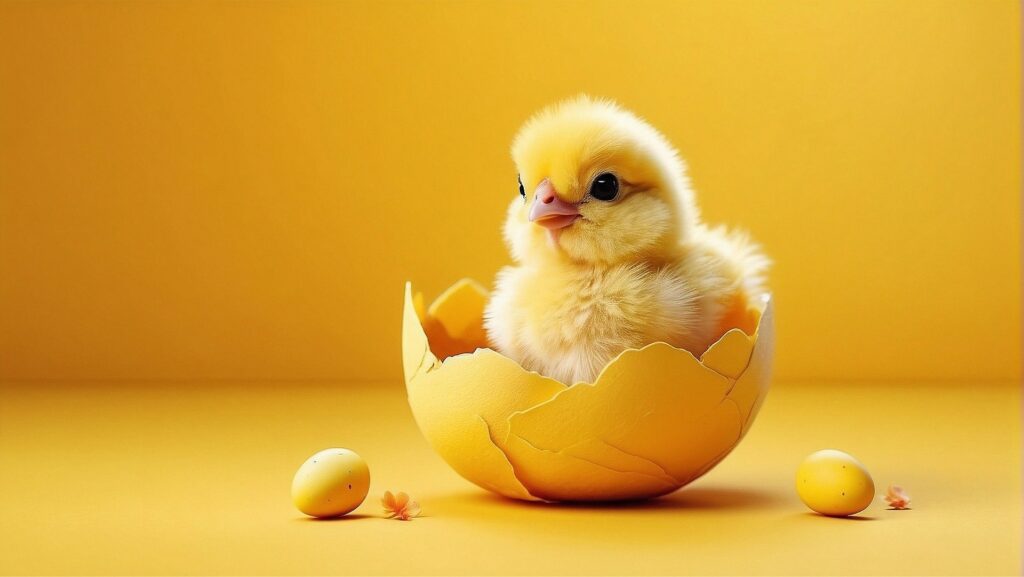Visualisation has become a well-accustomed practice in the realm of goal-setting. Indeed, it’s a crucial ingredient for achieving success. However, there’s a caveat: while visualising an outcome can be healthy, living your dreams before they become a reality can lead to disappointment.
The Fine Line Between Visualising and Daydreaming
Let’s start with the fact that there’s a fine line between visualising and daydreaming. While a dream at inception triggers daydreaming, this becomes a catalyst of a desire. However, following through upon that desire to turn it into a reality transforms a dream into a goal.
That’s where visualisation steps into play. However, it needs to be treated like medicine — taken strategically and wisely, not like candy, that you savour endlessly until you can’t take it anymore.
Nibbling Kills Appetite
Think of it this way, if you have a quick taster of something — you want more of it, however, if you keep nibbling when you’re just about to cook you might lose your appetite or an aspiration to cook, altogether.
When you, full of excitement, exist in a parallel reality designed by vivid daydreaming, your brain receives signals of satisfaction and happiness, tricking it into thinking the goal is already accomplished.
Time to Get Out
Daydreaming often involves seeing things through our eyes, associating with the desired outcome, which triggers emotions and hormone production, sending premature signals of content to the brain.
On the contrary, when you visualise your desired outcome from a third-person perspective, you continuously give your brain a clear direction. This way, your brain seeks ways to turn that vision into a real-life experience.
To secure an actual experience, whenever you notice that you start sliding into growing excitement of something yet to happen, immediately ‘jump out’ of that associated state. Shake it off, and watch yourself in that movie of your prospective accomplishment from the outside as if on a screen.
You’ll notice a kinaesthetic difference. There will be no feelings when you retain an observer position. But that is cool! Because it’s productive, rather than a destructive state in this instance.
Why Not Go for What Feels More Fun
When your brain sees you looping around at the pick of your emotional intensity it sees no point in you making more effort. The brain is a smart organ that tries to achieve the best outcome with minimal effort to save you from spending the energy unnecessarily.
Surely, we need emotional excitement to be driven. However, a split-second taster is more than enough. Otherwise, your brain will confuse your dream with a real-life experience that will impact your actual achievement.
Get a Better Perspective
Visualisations have a tremendous value, yet, it’s important how they’re performed so that they’re efficient.
The key factor here is to pay attention to a technique from the start. Visualising something from a dissociated third position tells your brain: I want that. To what your brain responds: Yes, my Lord, may your wish come true.
This method prevents being carried away with excitement and losing your rational thinking.
Direct Your Movie
By looking at your future achievement like an observer unlike a participant you might notice things you wish to amend in your desired life episode. Go ahead and do that. Treat it like a movie you aim to deliver and shape it creatively.
But, be careful, the moment you start feeling excited, open your eyes and switch off your focus for a moment — you just started sliding off into the associated state.
Identify Required Steps
While watching that ‘movie’ you may identify the required steps to achieve your goal. Zoom out and check for more details you might’ve not considered. Afterwards, open your eyes immediately and write down all your observations. Then draft the plan and start taking action. It’s actions that set goals apart from dreams.
Moving Forward
To achieve your goals, imagine the event from an outsider’s perspective and let it go. Avoid ‘walking’ in your future. Whenever you catch yourself falling into a daydreaming state, dissociate immediately. Otherwise, you may have a great dream life but a poor real life.



